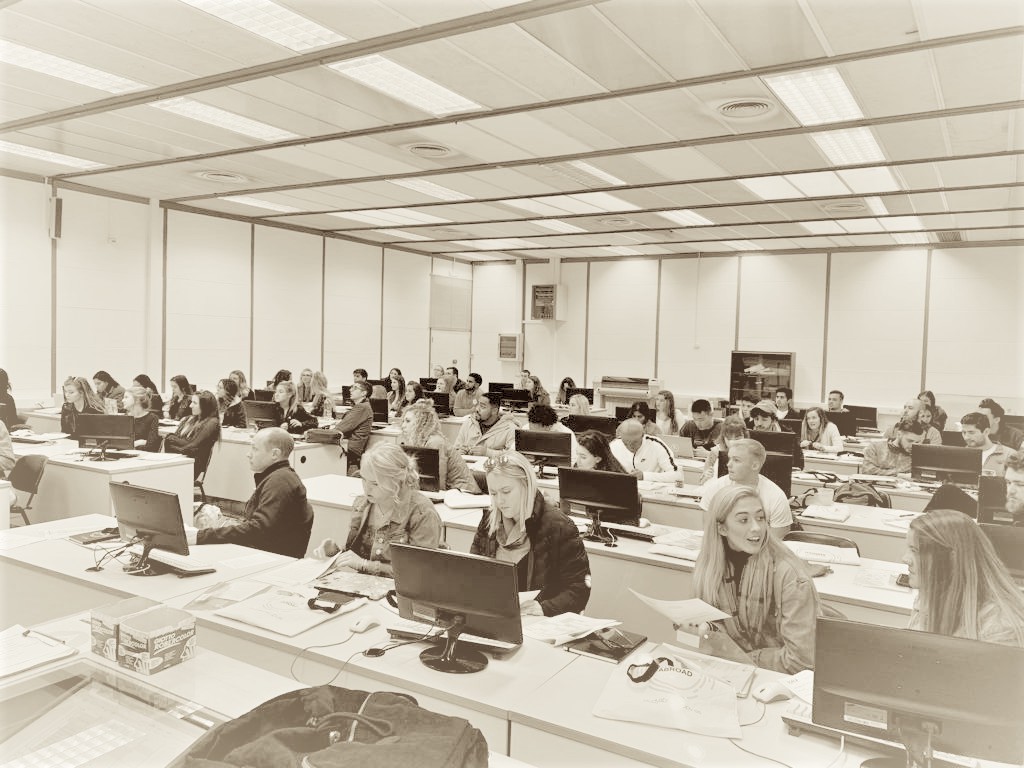
|
|

• Attendance
• Assessments
• Sexual Harassment Policy
• Students With Disabilities
• Academic Honesty Policy
• University Ombudsman
• Statement On Audio And Video Recording
• Syllabus Change Policy
Organic Chemistry I
3 Credits | 200 Level | 68 Contact hours
Required:
Organic Chemistry, 3rd ed. David Klein (hard copy, loose left, or e-text) ISBN: 978-1-119-35160-3
Optional:
Organic Chemistry Student Study Guide and Solutions Manuel ISBN: 978-1-119-42253-
Molecular Model Kit
In this course we are going to focus on the right corner of the periodic table and study how carbon-containing molecules interact. Through our discovery of these interactions, we can begin to answer questions like how do we design drugs that target specific illness, what are more effective techniques to diagnosis diseases, and even how do I make sense of ingredients on food labels.
By understanding exactly how a molecule interacts in its environment, not only will we have the ability to synthesize more efficacious medicine, improve existing screening techniques and understand the ingredients in the food we consume, but we can answer the unmet needs we are facing in the environment, agriculture, medicine, and even everyday areas like clothing, paint, and soap. With the understanding of organic chemistry and its role in so many aspects of your life, you will be able to actively participate in and contribute to the scientific community in whatever career you choose.
Revising Concepts from General Chemistry: Chapter 1
Molecular Representations: Chapter 2
Acids and Bases: Chapter 3
Alkanes and Cycloalkanes: Chapter 4
Stereoisomerism: Chapter 5
Mechanisms: Chapter 6
Nucleophilic Substitutions and Elimination Reactions: Chapter 7
Alkenes: Chapter 8
Alkynes: Chapter 9
Radical reactions: Chapter 10
- Apply foundational knowledge of chemistry to predict structure and reactivity of carbon-based compounds
- Explain observations or make predictions of organic reactions and chemical interactions in a concise scientific manner
- Propose efficient syntheses given a starting material and target compound utilizing retrosynthetic analysis
- Utilize spectroscopic techniques to elucidate chemical structures
- Propose plausible arrow pushing mechanisms that account for synthetic transformations
- Collaborate with classmates in problem solving and discussion of concepts, both by asking and answering questions, and gain awareness of the benefits of group work
- Develop an appreciation for organic chemistry and the role it plays in your own life
Short tests 30 %
Active participation in class 10 %
Midterm Exams (3) 30 %
Final Exam 30 %
|
